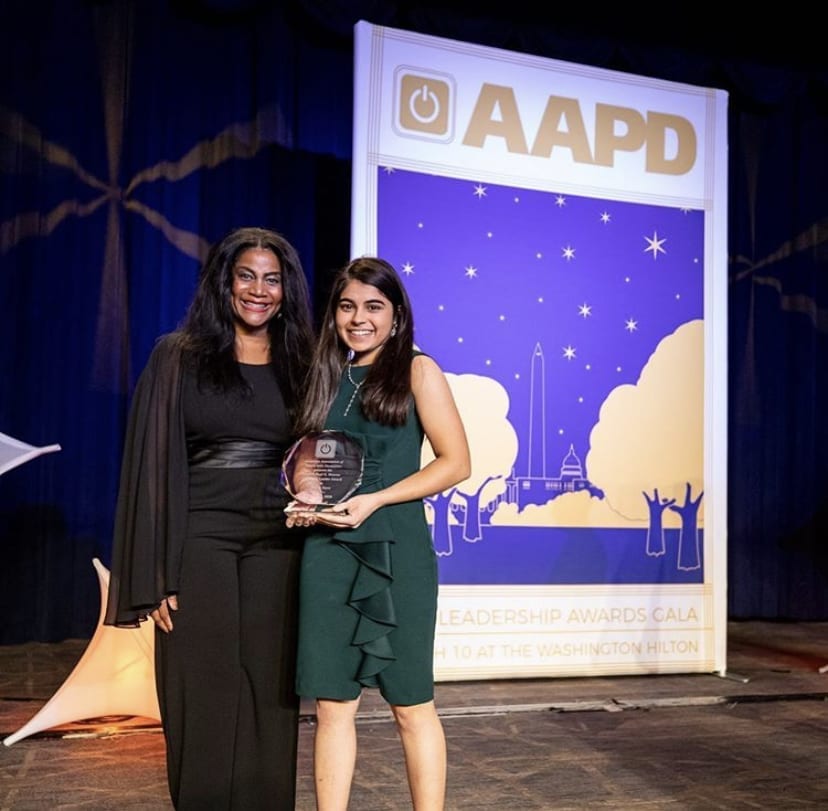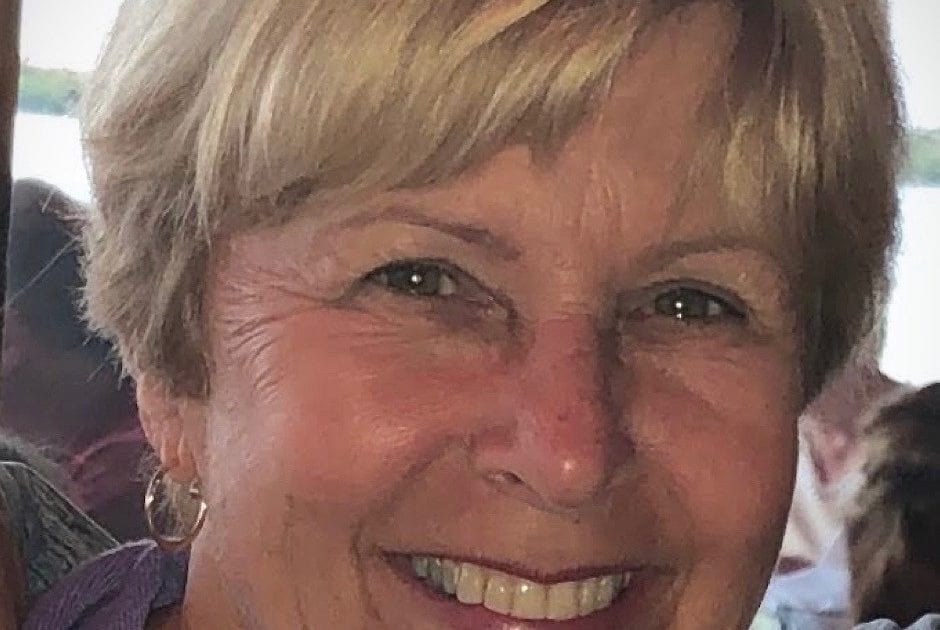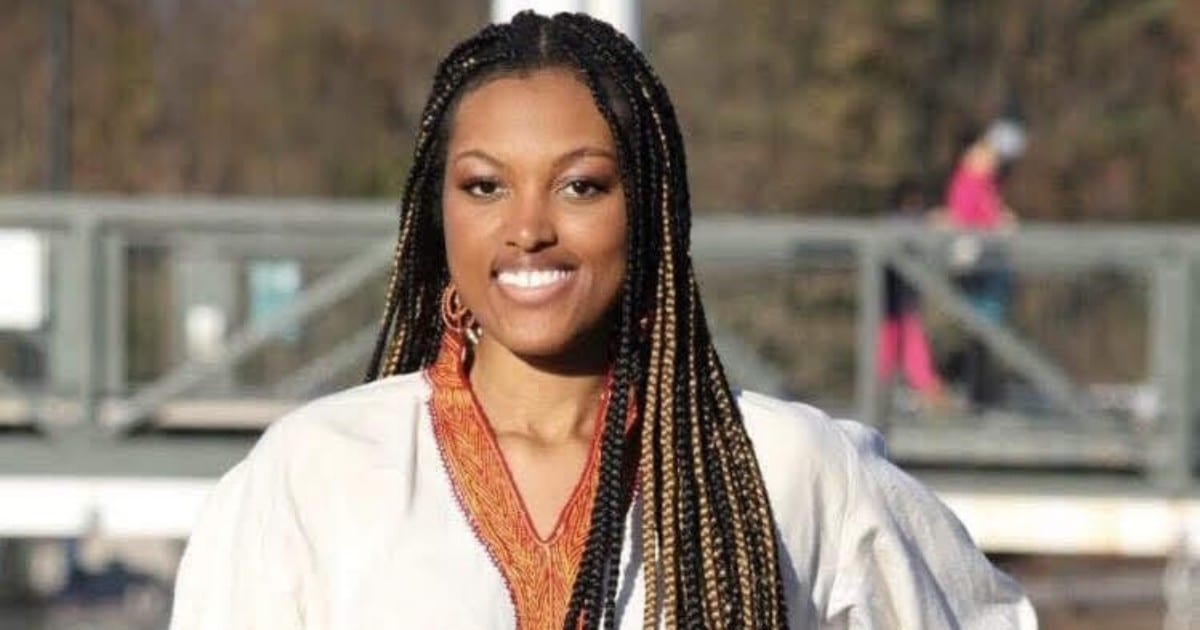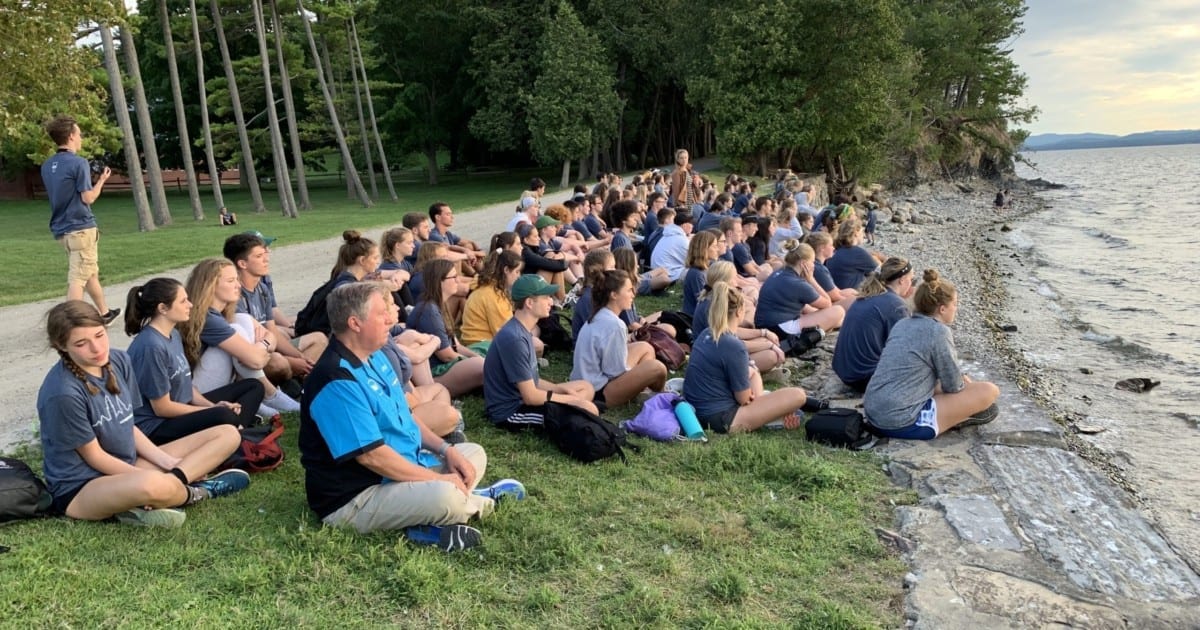While many of us have spent much of 2020 learning to live with uncertainty, isolation, and fear, those with chronic and rare diseases are well-acquainted with these challenges. Advances in medicine and technology have increased the number of young people diagnosed with chronic and rare diseases and have allowed them to participate in coming-of-age experiences like college and early career. But being a young person diagnosed with a chronic or rare disease while navigating emerging adulthood – a period marked by massive cognitive, social-emotional, and physical development – can exacerbate the intensity of these transition years.
Sneha Dave, an Indiana University 2020 graduate who was diagnosed with ulcerative colitis at the age of six, recognized the unmet needs of this growing community and founded Health Advocacy Summit (HAS), a nonprofit that aims to connect and empower young adults, ages 13 through 30, with chronic and rare diseases through advocacy events and programs.
HAS was born out of an earlier effort to build community through a quarterly newsletter called the Crohn’s and Colitis Teen Times. It was started by Dave and her best friend Corey Lane in 2012 to inform and connect young people in Indiana diagnosed with Crohn’s, colitis, and Irritable Bowel Diseases. When Lane died due to Crohn’s and osteosarcoma, Dave was determined to expand the effort and founded the Crohn’s and Colitis Young Adult Network to further connect the community built by the newsletter.
Health Advocacy Summit is the Network’s iteration and an opportunity for young people with chronic and rare diseases all around the country to meet one another and share common concerns. Summit conversations feature topics like navigating the education system and the workplace, the difference in available accommodations in high school compared to college, financial planning, and narrowing in on a career.
A major goal of HAS is fighting the isolation that often comes with having a chronic or rare disease. As a medical necessity, young people diagnosed with these conditions may distance themselves from emotionally protective elements such as social support, involvement in group activity and developing hobbies like a sport or theater, not to mention long-anticipated traditions like prom.
“A lot of times it’s so hard to connect with other people with these invisible conditions, because it’s just something that you can’t see and it seems like all of our peers are going out, partying; they’re living what a normal young adulthood would look like,” said Dave, who believes that meeting her best friend through their common journey has changed her life.
HAS’s first gathering in 2017 brought together 14 young people with chronic and rare diseases from Indiana. After a successful launch, the Summit hosted additional forums in North Carolina, Texas, and San Francisco in 2018 and 2019. COVID-19 forced a change of plans as the six US-based summits planned for 2020 turned into one international virtual summit in August which drew over 300 participants worldwide.
In addition to this, HAS began hosting weekly virtual meetings in March. Though shorter than HAS’s daylong in-person summits, these weekly meetings allow more frequent opportunities for community members to connect and converse. The format alternates between casual discussion and a conversation with an invited guest speaker. The weekly discussions have included topics such as antiracism in the community of those with medical disability, navigating employment, and mental health.
From the beginning, mental health has been an integral piece of HAS and was a topic at its inaugural summit. Dave says, “It was the first time for a lot of us to discuss the mental health challenges of growing up with a condition that realistically we’ll probably not have a cure for in our lifetime.”
Dave found that much of the attention and care she received in her life centered on her physical health and neglected to support her social-emotional and mental health, as she remembers it not seeming as critical as her ill body. But she believes the role of mental health among those with chronic and rare illnesses, which has long gone unrecognized, is gaining traction. Awareness around mental health for those with chronic and rare diseases has grown in the past couple of years as has the field of disease-specific psychologists – though not at the pace that is needed.
“I have been seeing many specialists throughout my entire life and never once have any of them asked how I was coping with my conditions,” said Caroline Walsh, a junior studying public health and social work at Curry College in Milton, MA.
Walsh became involved with HAS in March after finding the organization through a YouTuber, Danielle Nelson of Chronic Cafe, who posted HAS content on her Instagram story. HAS’s pivot to online programming made it easy for Walsh – who has Turner syndrome, Psoriatic arthritis, and Hashimoto’s thyroiditis – to engage with the community. She got involved in the weekly meeting for young adults and teens, the meeting for high risk and chronically ill students, as well as the Virtual Summit in August.
“[Members of the HAS community] have given me an opportunity to share my experiences with others and for that I am eternally grateful,” she said. “I was able to connect with people who were on the weekly calls and receive support with the hardships that I face with chronic illness as well as provide support to others. And on both ends I’ve learned so much about advocating for myself as a chronic illness patient.”
During the Virtual Summit, Caroline found the mental health session and gymnast Katelyn Ohashi’s keynote address – in which she spoke about her journey with chronic illness and her mental health – to be inspirational. She has since started a monthly support group for women with Turner syndrome.
“Through my conditions, I have developed a level of empathy and acceptance towards people who are sick that people who are not sick just can’t have, and I have been inspired to use this superpower to help other people,” she said.
HAS spent much of 2020 implementing new programming in response to current events, including the Keep High-Risk Students Safe campaign, which was in response to the fact that many schools’ reopening plans were developed without the input of high-risk students, including those with chronic and rare diseases. HAS published an online resource guide to assist students as they navigated the reopenings while managing their medical disability; launched a survey to gather insights from the many perspectives of students with chronic and rare diseases; and advertised the weekly support group meetings which started in March. HAS’s Vote! campaign sought to empower patient voters, including HAS’s community, by informing them of voter registration and mail-in ballot deadlines and a general election guide.
Dave is pleased to note that attendees report feeling less alone and less overwhelmed following summits and the HAS team is looking to a future with more of them. They hope to host an in-person summit in August 2021, continue their weekly meetings, and expand advocacy efforts like the Keeping High-Risk Students Safe and Vote! campaigns. Despite the pandemic hindering in-person summits, HAS hopes to build off of the international momentum gained through the virtual summit in August and continue to expand the community to even more young people with chronic and rare diseases around the world.




